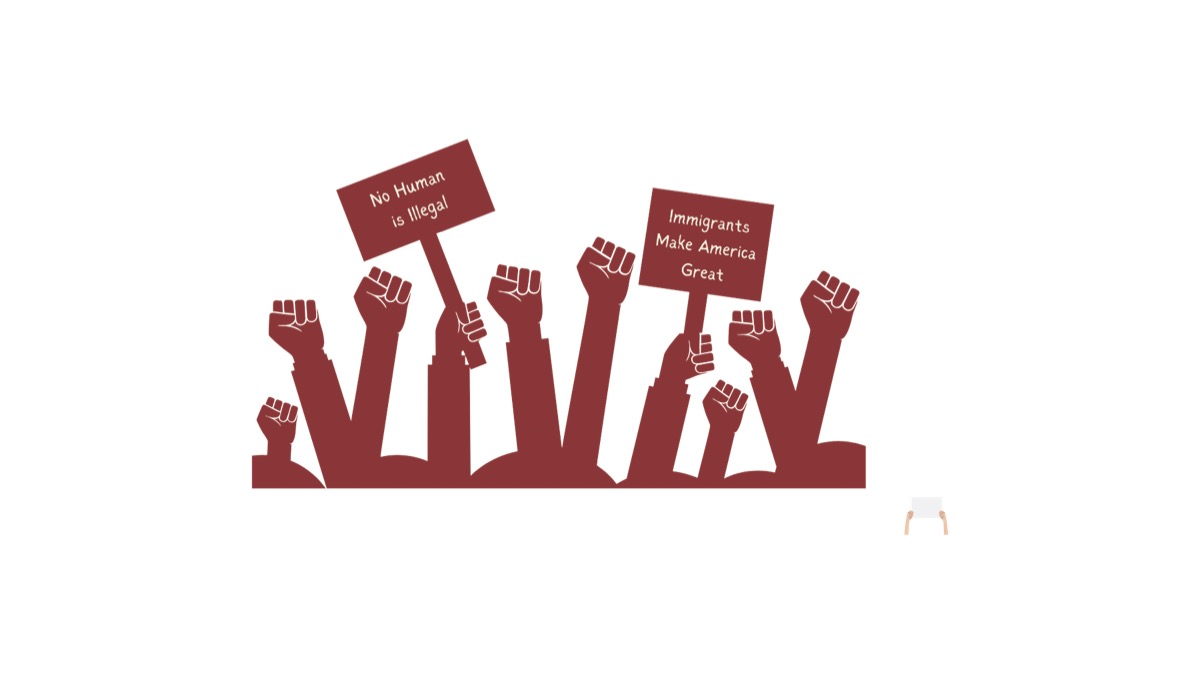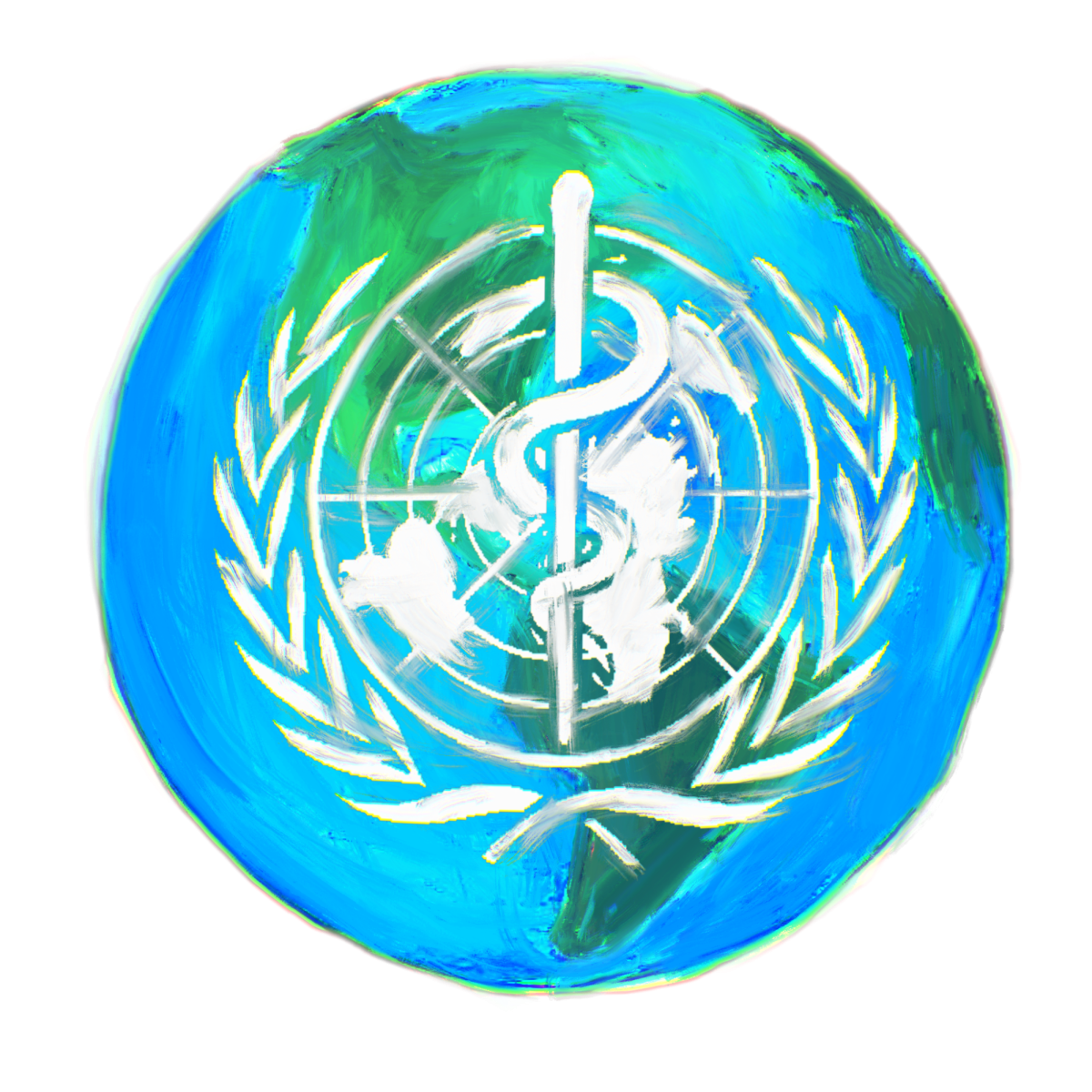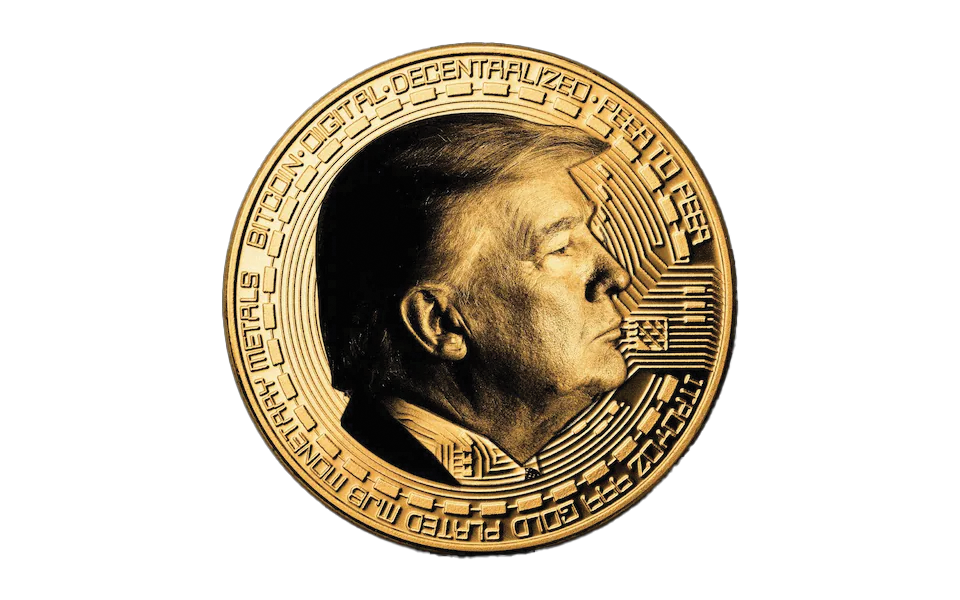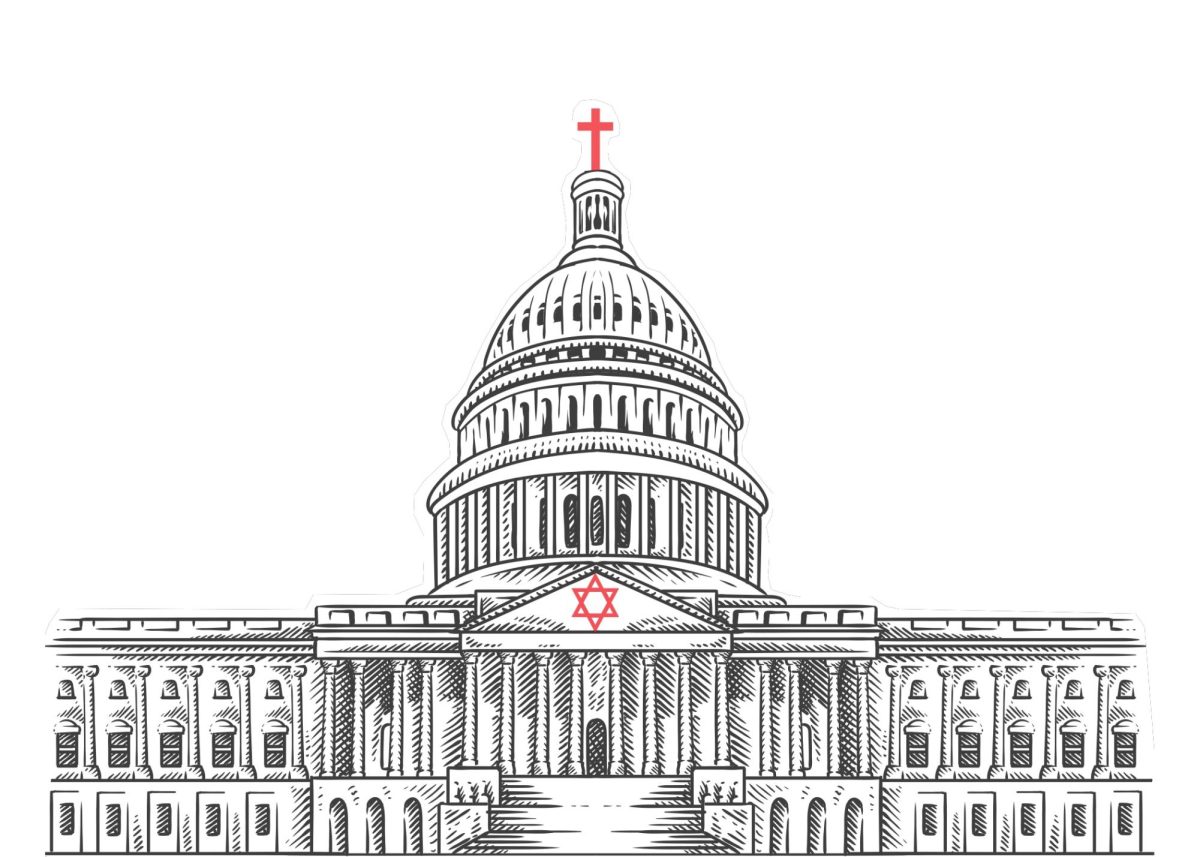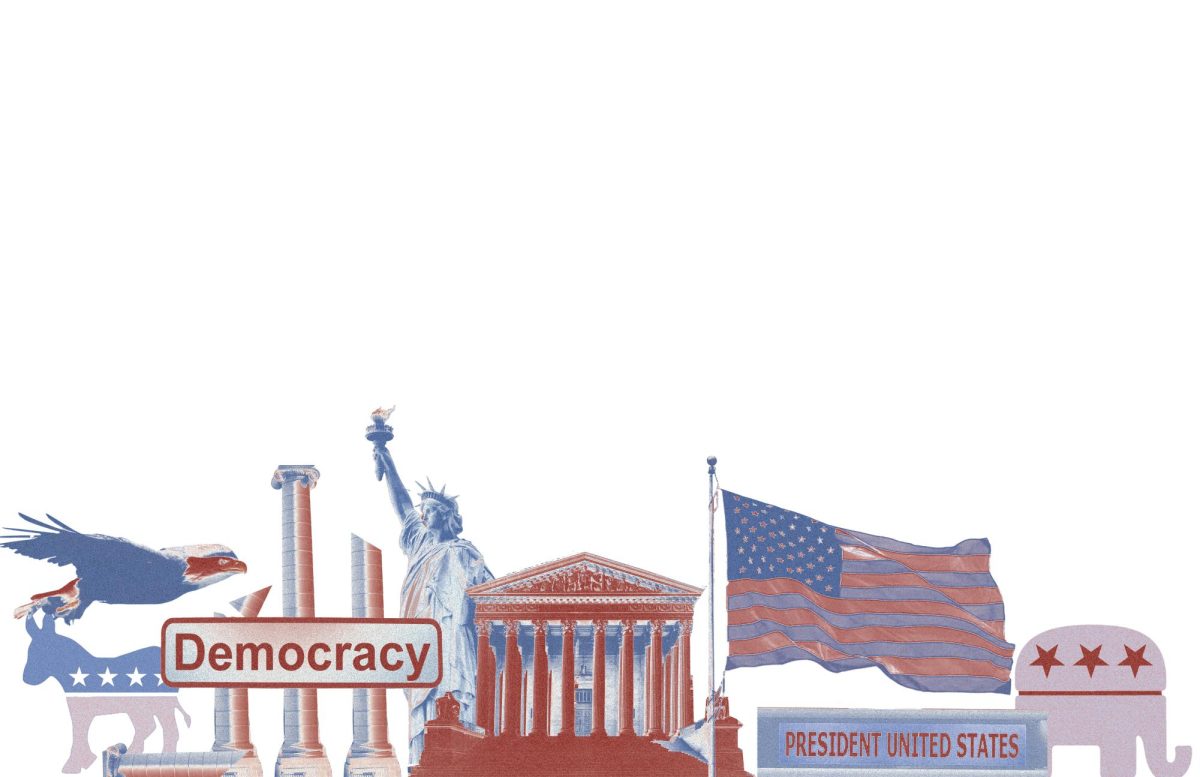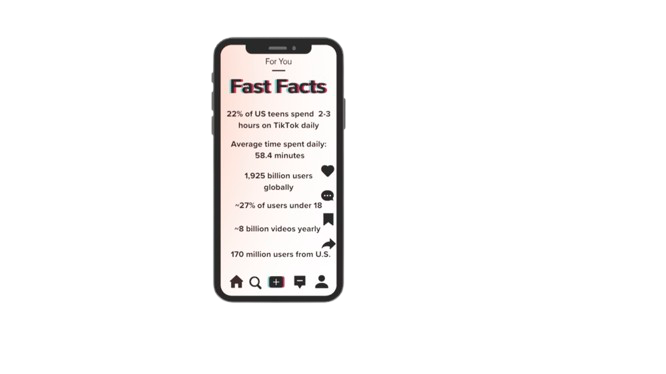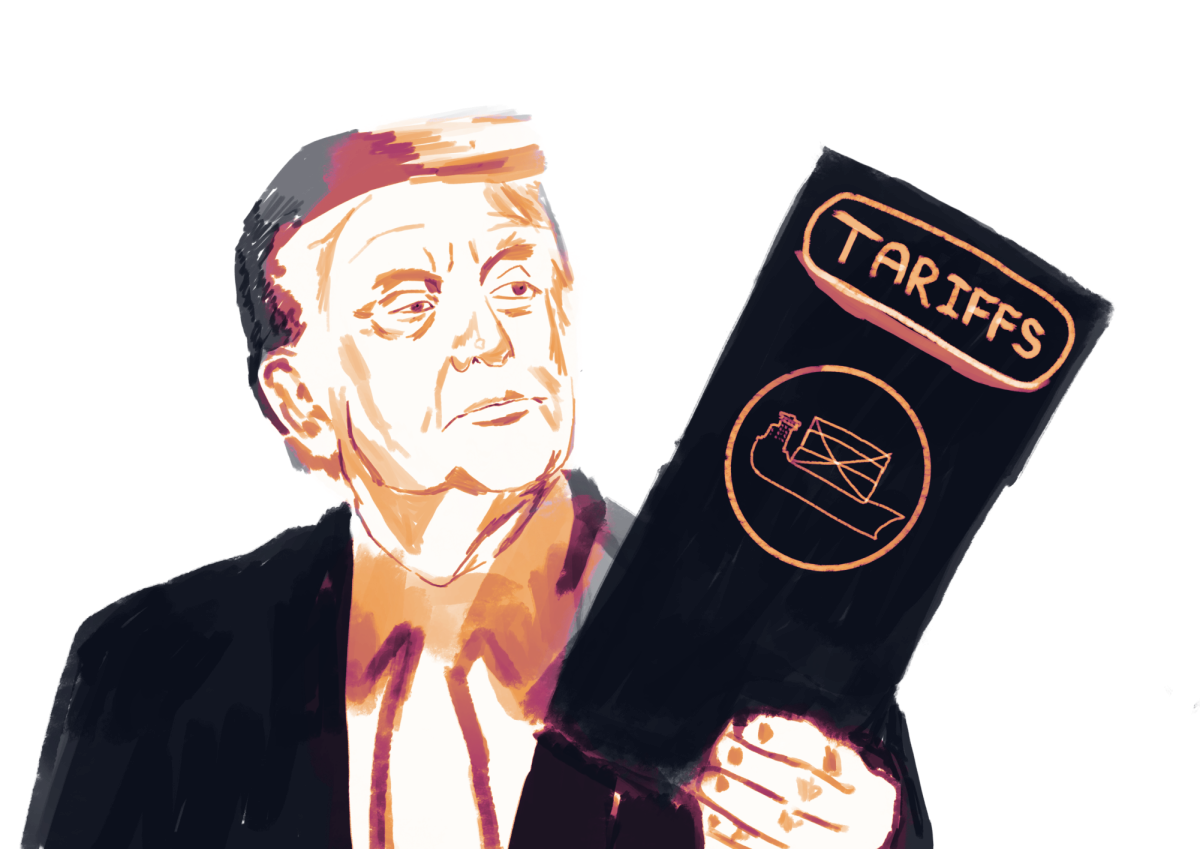Donald Trump’s withdrawal from the World Health Organization (WHO) sent shockwaves throughout the global health community.
As a leading contributor to the WHO, the U.S. played a crucial role in preventing diseases, vaccination campaigns, and research activities.
The fate of the global health programs is in jeopardy without funding.
“China and other nations looking to establish global dominance and to assert geopolitical influence will likely step in to fill the void,” said AP Environmental Science Instructor Erik Faust.
That shift could mean health priorities more aligned with Chinese, Russian, or Indian interests rather than the U.S. and its allies.
Backing away from the WHO would make it more challenging to contain outbreaks prior to them hitting American shores.
“Health challenges are not very easily contained,” Faust said. “In the era of modern transportation facilities, there exists a profound requirement for health projects that are advantageous to all people.”
Without preemptive action, pandemics worldwide can have staggering financial and human costs.
Domestically, the pullback compromises the stream of essential health data.
The WHO offers a focal point of worldwide disease surveillance, where scientists can quickly share information and mobilize a unified response.
“If global scientists no longer share their data with U.S. collaborators, then the U.S. will effectively be forced to do what the WHO does alone,” Faust said.
The research will be more expensive, and delays in receiving foreign data could harm the U.S. response to looming health crises.
The delays are a reflection of broader concern over the politicization of science. Some American officials worry that rivals will dominate the work of the WHO.
“If this is an attempt to gain leverage, it might backfire and result in allies looking to other countries like China,” Faust said.
The repercussions of this decision extend far beyond the walls of research facilities and international public policy.
Aberrations in global health programs could have a domino effect.
Reduced vaccination rates, weakened disease monitoring, and limited research collaborations can all have long-term repercussions.
Faust warns students that global health decisions are not always black and white, and their complexities are often layered.
“Walking away from systems because you don’t like them 100% of the time lacks maturity,” he said.
“Eighty percent of something is often better than 100% of nothing.”
WHO is imperfect, but its role in global health is essential.
Faust reminds us that science is never just a little bit intertwined with politics: public policy is shaped by both our elected officials and the bureaucracy.
The U.S. cannot presume to be able to make all international institutions conform to its demands.
Instead, participation is what will maintain it at the pinnacle of successful health outcomes and steer the world’s agenda.
This move eliminates the United States’ voice in shaping the future of world health, and hurts the organization’s ability to help those across the world who are in need.

